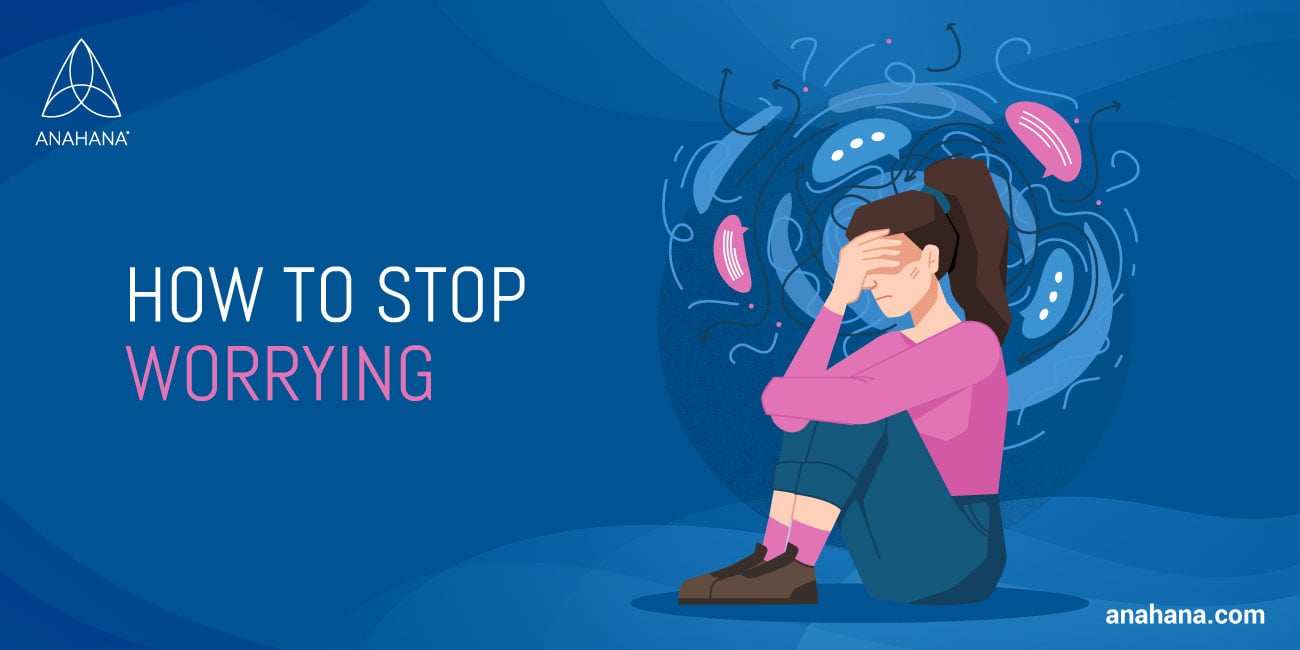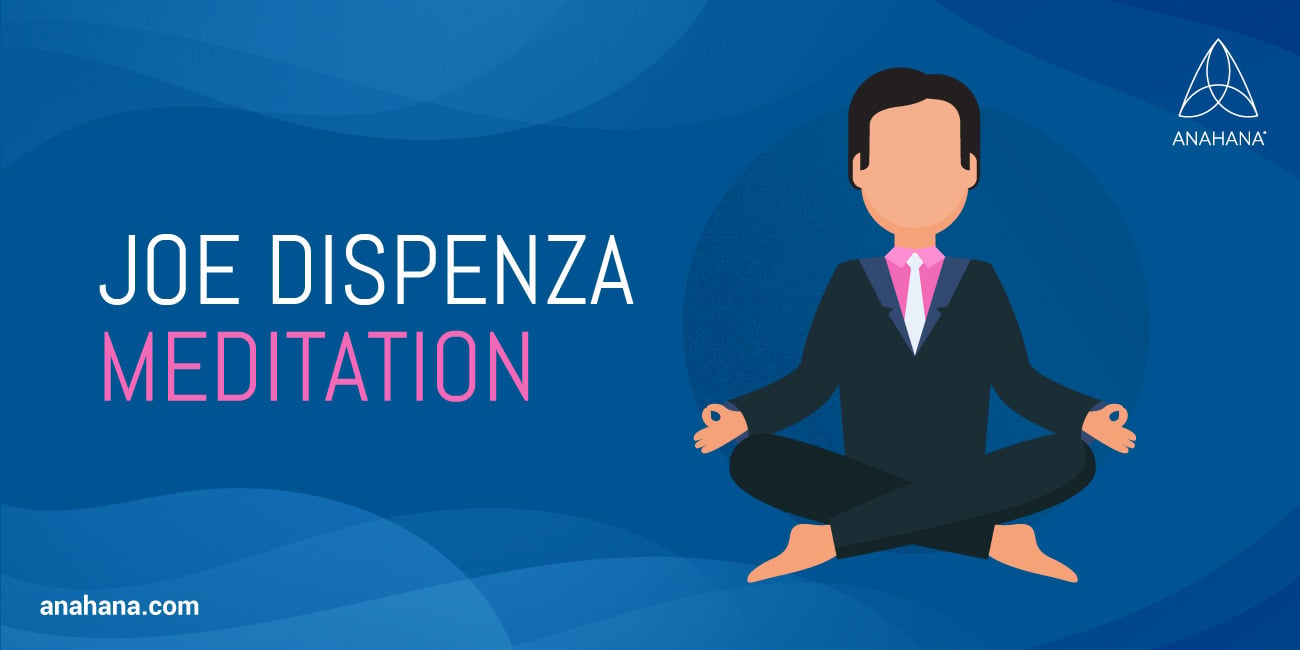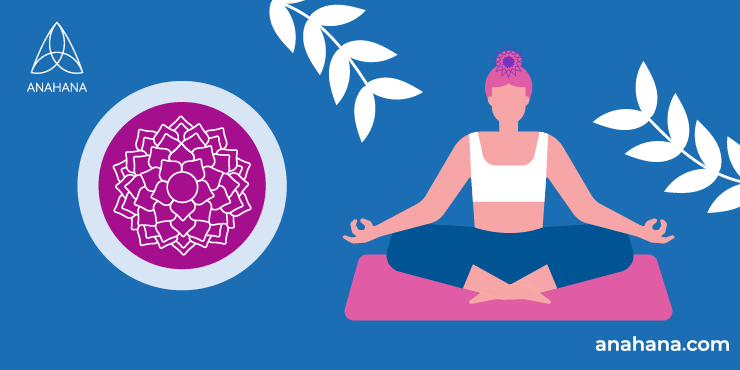How to Stop Worrying
The key to stopping the worry cycle is confronting triggers and shifting your mindset. Engaging in mental and physical techniques that increase...
Anxious thoughts, worries about the future, regrets about the past … Tension and stress have a unique way of infiltrating our minds and overwhelming us.
Fortunately, there are things you can do to help relax your mind and find peace, even in challenging times.
While we cannot eradicate all stress from our lives, we can learn to manage it better. This starts with having some stress-reducing techniques at-the-ready for when you feel your mind reeling and ruminating with negative thoughts and emotions.
Here are four relaxation suggestions that are sure to relax the mind.

Meditation is an excellent way to relax the mind. The benefits are manifold and can be felt both physically and mentally.
There are numerous ways to use meditation to help reduce stress and anxiety. But while meditation can be many things and comes in many forms, at its core, it is the practice of training your awareness and honing your attention.
Visualization meditation is an excellent place to start if you’re new to meditation. Just as famous athletes practice visualization before the big game to help them play to the best of their abilities, you can practice calming visualization meditation to help you stay calm at later moments.
Follow these steps to engage in basic visualization meditation:
Continue on like this every time you experience an extraneous thought until your alarm sounds.
Mindfulness is another amazing practice for promoting peace and relaxation. It is quite close to meditation practice, but it is unique in that you can practice mindfulness anywhere, anytime. The goal of mindfulness is to stay present and to not allow yourself to ruminate about the past or future.
Here is a basic mindfulness practice you can try while doing a rote activity, such as washing the dishes in your kitchen sink:
Don't rush. Continue washing your dishes in this manner until you finish or for at least ten minutes.

Yoga is another great way to find peace and calm when you feel your mind is racing.
The mind-body connection with yoga is an amazing phenomenon. Essentially, the theory behind the mind-body connection is that what goes on in the mind — thoughts, emotions, and feelings — affects what goes on in your body, which in turn affects how you feel physically. At the same time, how you feel physically and how healthy and fit your body is will affect your thoughts, feelings, and emotions.
Yoga is a practice that takes into consideration the mind-body connection and aims to benefit both aspects of your being. While it may appear that yoga poses only deal with the physical body, your mental state is actually heavily influenced by the same poses. Each pose is able to strengthen and/or improve flexibility in your body while also stimulating the organs and improving circulation. At the same time, every pose is also meant to stimulate the brain, inducing calm and focus.
Try taking a yoga class or practicing yoga at home to take advantage of this practice's many benefits.

Most of us take our breath for granted. We believe that because our lungs function all the time, without us having to tell them what to do, they must be doing what they're supposed to and require no improvement. However, this is not true. There are actually good ways to breathe and bad ways to breathe.
For example, did you know that most people breathe far too shallowly?
Indeed, many people breathe only the air that resides at the top of their lungs. This causes short, weak breaths that tire you out, and it causes “stale” air to be left in the bottom of your lungs.
To see if you do this, place one hand on your stomach and the other hand on your chest. Breathe normally. Do you feel the hand on your stomach rise as you inhale, or do you feel the hand on your chest rise? If you are feeling the hand on your chest rise as you exhale, this means that you are a shallow breather. Ideally, you should take your breaths much further down, gathering up all of the air from your lungs, starting at the bottom. To know if you're doing it right, as you inhale, you should feel the hand on your stomach rising, and the hand on your chest should hardly move.
Breathing exercises are often one of the most useful techniques for relaxing the mind. There are numerous different breathing exercises to choose from. Here’s one to get you started:
Repeat this exercise for five to ten minutes or for as long as you please to help relax the mind.
Let’s say you’re about to go on stage for a big performance and your mind is racing a mile a minute. In order to regain some peace and calm, you might try this quick relaxation tip. Follow these steps:
Start by going somewhere quiet to center yourself. This might be another room in your home, the break room at work, outdoors, or even the restroom.
If you can, find a chair where you can sit with your back supported. Ideally, you will be able to put your feet flat on the floor. Now, place one hand on your chest and the other on your stomach.
This exercise is called square breathing. You might also hear it called box breathing, four-part breathing, or 4x4 breathing. To do the square breathing exercise, follow the steps below:
Repeat this exercise at least four times to relax.
This is something we all need to do from time to time. Whether it’s at work or at home, we sometimes simply need to step aside and find ways to relax, ways to calm down and engage our mind in relaxing things to do. How we unwind is different from person to person. We all have our own ways to calm down and chill out. For some, this could mean stepping out for a few minutes, taking a nice and relaxing walk. For others, it could be playing some type of sport, doing meditation, yoga, or breathing exercises. Some just learn how to chill out by watching their favorite TV show or corking up a bottle of wine, on a Friday evening.
The important part is that we all find the ways that work for us, ways that allow us to unwind and enjoy wellness. Being able to fall back onto relaxing things to do will help us learn how to relax. If it’s a work-related matter, and you are just about to do a big presentation, take a few minutes to step aside and try the square breathing exercise mentioned above. By following these simple steps you will instantly feel a sense of calm coming over you. In addition, for the next time you get this feeling again, you'll have a better sense of how to calm yourself down effectively.
To stop thinking so much, practice mindfulness and meditation regularly. Just ten minutes of meditation practice each day can make a world of difference for your focus and concentration, allowing you to shift your focus when you begin thinking about things you don't want to ruminate on.
In some cases, distractions can be useful as well. Just be sure to choose healthy distractions, and don’t rely on them to keep you from thinking about anything serious. Distractions can be useful in specific situations when you simply can’t get yourself to stop ruminating about something.
If, for example, you find that it’s difficult to stop thinking about a recent breakup, try distracting your thoughts by spending time with friends, volunteering, exercising, engaging in favorite hobbies, or developing new hobbies.
Anxiety and stress are often accompanied by sleeplessness. Whether sleeplessness is caused by anxiety and stress or vice versa is up for debate and may vary from person to person, changing at different times in your life.
Still, one thing is for sure: Calming the mind can greatly benefit your sleep if you typically experience sleep issues. For an easier time getting to sleep and in order to stay in a deeper sleep for longer, try these mind relaxation tips:
Unfortunately, there’s no one-size-fits-all answer to this. Everyone’s anxiety is caused by different things, and as a result, what gets rid of one person’s anxiety may not do a thing for the next person.
The best solution is to use some combination of the above suggestions to cultivate a more relaxed mind. Likewise, you might try the following to improve your overall health and wellbeing and reduce daily stress:
https://www.who.int/occupational_health/topics/stressatwp/en/
https://www.who.int/occupational_health/topics/brunpres0307.pdf?ua=1
https://hms.harvard.edu/news/college-stress
https://www.eurekalert.org/pub_releases/2018-08/aha-ado082318.php
https://www.ncbi.nlm.nih.gov/pmc/articles/PMC2633295/

When the stress of life gets to you, and nothing seems to be going right, it can feel like a storm is raging in your mind. It’s at these times that having at least a few dependable mind relaxation tips in your back pocket is extremely useful and beneficial.
Use the techniques, tips, and tricks mentioned in this article to enjoy a more relaxed mind all the time — and particularly in those times of challenging stress and struggle.

The key to stopping the worry cycle is confronting triggers and shifting your mindset. Engaging in mental and physical techniques that increase...

Dr. Joe Dispenza is a doctor of chiropractic medicine, researcher, and speaker with training and knowledge of neuroscience, mind-body medicine, and...

Crown chakra affirmations are positive statements that focus on activating and balancing the crown chakra, which is associated with spiritual...